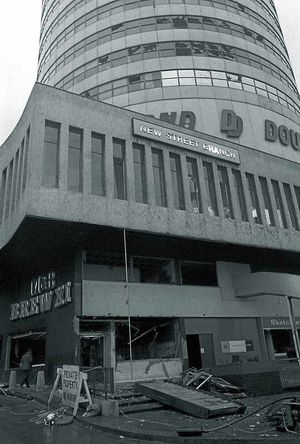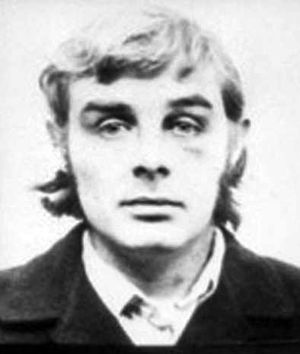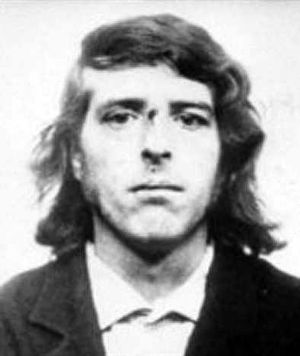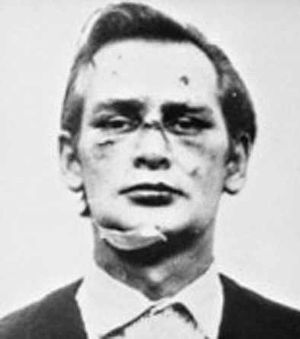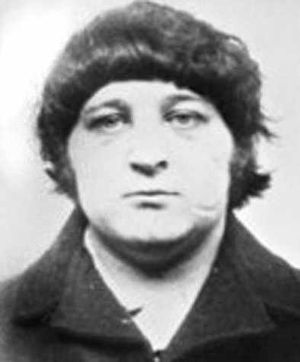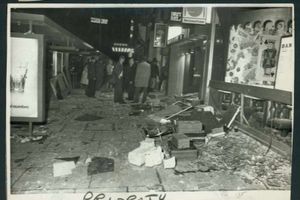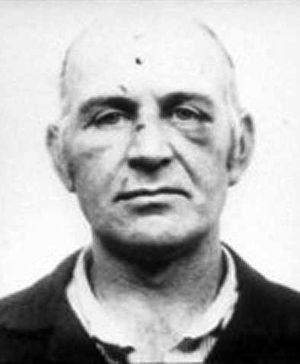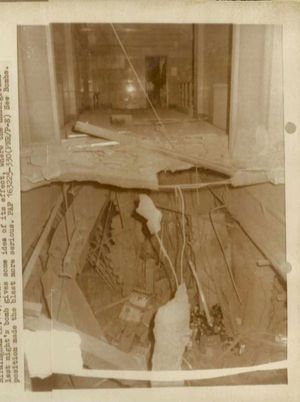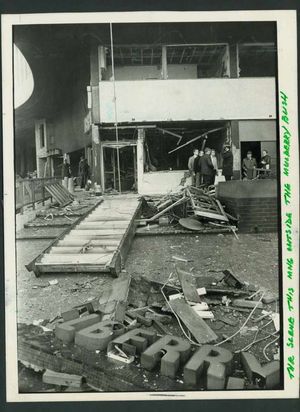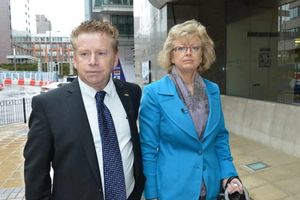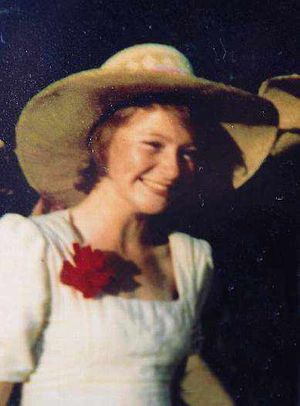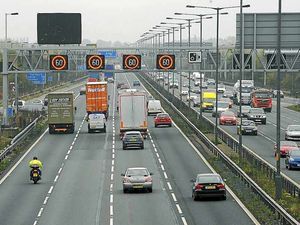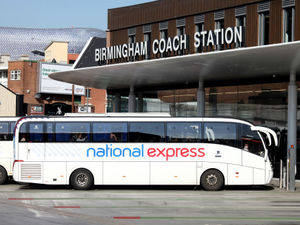40 years on and no justice for the Birmingham pub bombings victims
They were just innocents out for a drink but 21 people never came home from their night in the pub, victims of a terrorist atrocity.
It is exactly 40 years since the bombing of two Birmingham pubs - the Mulberry Bush and the Tavern In The Town.
A further 182 people were injured in the attacks of November 21 1974.
8.11pm - Irish accented man calls the offices of two Birmingham newspapers and, using an IRA codeword, says there is a bomb in the Rotunda and another in the tax office in New Street. Police are immediately alerted
8.17pm - As police search the upper floors of the Rotunda, a bomb explodes in the Mulberry Bush on the lower two floors, killing 10 and injuring dozens.
8.27pm - Another bomb explodes in the Tavern in the Town on New Street. Eleven people die and many more are injured. A bus is wrecked in the blast.
Later that night - Five men travelling from Birmingham to Belfast for a funeral are stopped in Heysham, Lancashire.
They are searched by police and taken to Morecambe police station for forensic tests.
November 22 1974
5am - A third, unexploded bomb, undergoes a controlled detonation by Barclay's Bank in Edgbaston.
Later that day - The five men arrested are transferred to the custody of West Midlands Serious Crime Squad police unit. A sixth, Hugh Callaghan, is also arrested in Birmingham.
Rest of 1974 and early 1975
During their time in custody the men claim to have been deprived of food and sleep, interrogated for up 12 hours at a time, beaten, threatened and subjected to mock executions.
May 12 1975
The men, who become known as the Birmingham Six, are charged murder and conspiracy to cause explosions.
June 9 1975
A trial begins at the Crown Court sitting at Lancaster Castle.
August 15 1975
Having been found guilty by a jury, the Six are were each handed 21 life sentences - one for each of the people killed in the two pub bombings.
March 1976
An application by the Six to appeal is dismissed by the Court of Appeal.
January 17 1980
Court of Appeal strikes out a claim for damages against West Midlands Police by the Birmingham Six
1985
World In Action journalist Chris Mullin begins a series of programmes that cast doubt on the convictions.
January 1988
A six-week hearing concludes that the convictions were safe.
14 March 1991
Following a second, full appeal the convictions are overturned on the basis of police fabrication, suppression of evidence, the manner that confessions were obtained and the original forensic evidence. The Birmingham Six are freed.
October 1991
Retired detective George Reade, who led the investigation of the Birmingham pub bombings, is charged with conspiracy to pervert the course of justice.
He was living in Rugeley and was the former head of Walsall CID
1993
A Royal Commission on Criminal Justice ordered in the aftermath of the acquittals delivers a report that leads to the establishing of the Criminal Case Review Commission four years later
October 7 1993
Mr Justice Garland orders that the trial of three former West Midland Police officers – Det Supt George Reade, Det Insp Colin Morris and Det Con Terence Woodwiss – who had denied fraud and perjury should not proceed.
2001
The Birmingham Six are awarded compensation ranging from £840,000 to £1.2 million.
2012
West Midlands counter terrorism unit reassesses the evidence of the pub bombings.
It collates and preserves around 18,500 items including information from the 1974 and 1991-1994 investigations.
Julie Hambleton, sister of victim Maxine, calls for a public inquiry.
November 2013
There is an appeal to find the missing third bomb which has disappeared from police storage.
February 2014
Paddy Hill, one of the Six, begins a new campaign for a full inquiry.
November 2014
For the next 31 years those bombings would be the deadliest attack carried out in England. They were surpassed in their carnage only by the London bombings of July 7 2005.
Yet they have remained unresolved. Six men jailed for the crime, the so-called Birmingham Six, were released 16 years later with the true perpetrators never brought to justice and calls to this day for a full inquiry. Meanwhile the remains of a third, unexploded, bomb have gone missing.
Justice has still not been done.
The Birmingham Six were Hugh Callaghan, Paddy Hill, Gerard Hunter, Richard McIlkenny, William Power and John Walker. Five of them were arrested trying to board a ferry to Belfast where they were heading to attend the funeral of James McDade, an IRA member who had accidentally killed himself while planting a bomb in Coventry.
They confessed and were convicted in 1975 and jailed for life. But in 1991 their convictions were quashed after being ruled unsafe.
The Six said they had been tortured and framed on arrest, beaten, subjected to mock executions, threatened with being thrown from a high building or a car on the motorway, and burnt with cigarettes by the police.
A petition was started by Julie Hambleton, the sister of victim Maxine Hambleton, to get a new inquiry. But by the end of 2012 it had amassed just 2,700 signatures. To stand a chance of triggering a debate in Parliament at least 100,000 must sign.
A new petition started in February, this time led by Paddy Hill, one of the Six. So far more than 1,100 have signed it.
Mr Hill's petition asks the Government to 'implement a fresh inquiry to establish the true circumstances of the 1974 Birmingham pub bombings, and to order the release of all Government, Police, and Crown papers related to the case in order to bring truth and justice for the 21 innocent who people died, the 182 people who were injured, for the six innocent men who were wrongfully convicted and for the families of all those affected."
The motive for the attacks wad always believed to have been about Northern Ireland.
The people killed and injured in the blasts had nothing to do with politics.
Most of them were young - between 17 and 25 years old, with a few in their 30s, 40s and 50s.
They included brothers Desmond and Eugene Reilly.
Maxine Hambleton, aged 18, was in the Tavern in the Town but had not even gone there as a customer. She was just handing out tickets to friends for a party and had been inside the pub mere seconds when the time bomb went off. She was right next to it.
Her friend Jane Davis, 17, was the youngest victim. She was a sixth-former who worked part time at Lewis's department store and had gone to the pub to look at photographs recently developed of a two-week holiday picking grapes in the Champagne region of France.
The others killed were 30-year-old Michael Beasley, Lynn Bennett, 18, Stanley Bodman, 51, James Caddick, 40, Thomas Chaytor, 28, James Craig, 34, Paul Davis, 20, Charles Gray, 44, Anne Hayes, 19, John Jones, 51, Neil Marsh, 20, Marylin Nash, 22, Pamela Palmer, 19, Maureen Roberts, 20, John Rowland, 46, Trevor Thrupp, 33 and Stephen Whalley, 21.
There was barely any warning. Indeed the Provisional IRA denied it was behind the attack saying that they would always give a 30-minute warning of any attack on non-military targets.
At 8.11pm a man with an Irish accent called the Birmingham Post and Mail newspapers and said there was a bomb planted in the Rotunda building and another in New Street at the tax office.
The Mulberry Bush pub was on the lower two floors of the 25-storey Rotunda. Police immediately checked the upper floors but had not cleared the pub. It was only six minutes after the warning that the bomb exploded, killing 10 people and injuring dozens more.
Then at 8.27pm - just over a quarter of an hour after the warning - the bomb in the Tavern In The Town exploded too.
A bus was wrecked as it went by.
A third device outside Barclays Bank on Hagley Road failed to detonate.
That third bomb is among 35 pieces of evidence that went missing after the wrongful conviction of six men for the attacks. It had been disabled with a controlled explosion at 5am on the morning after the Mulberry Bush and Tavern In the Town were destroyed.
Paddy Hill thinks that two of the pub bombers, who have not been named, would have been told they would not face prosecution for IRA crimes.
He said he was told IRA members had admitted five people carried out the bombings and that two of them had since died.
He believes a further two were promised immunity but a fifth has not had any such assurances.
When the former Labour government agreed a peace process plan with Sinn Fein, the Irish republican party, there were around 200 letters sent to on-the-run IRA suspects assuring them they were not wanted by police.
It was set up following the 1998 Good Friday Agreement.
In July this year Julie Hambleton told a committee of MPs: "This is the nadir of our justice system without any shadow of a doubt. What is the point in politicians setting legislation to not follow it? What is the point in having law in the first place if no one is going to follow it?"
She later added: "I believe that the powers that be would have liked to have us buried alongside our dead, in order to avoid accountability and the truth."
But there is a very long way to go to properly convince the authorities that they should meet her demand for an inquiry.
"It's not that people aren't interested in the bombings, it's the fact that the government and authorities have done such a good job of 'burying' the memory of the bombings," she said.
"It's almost as if the West Midlands Police and Government wish we had been buried alongside our dead.
"The utter inertia of our police and government is as iniquitous as the crime itself. Our government appear to see our dead as collateral damage, but we don't. Maxine, my sister, was not born to be murdered."
Calls for a fresh investigation into the atrocity were denied by West Midlands Police in April 2014.
Chief constable Chris Sims said: "Nothing would give me more satisfaction than to bring those responsible for this atrocity to justice. However, we have found no new evidence that would assist us in bringing anyone to justice for the pub bombings.
"It is always possible that brand new and significant information could become available to us - let me be clear - this case is not closed."
